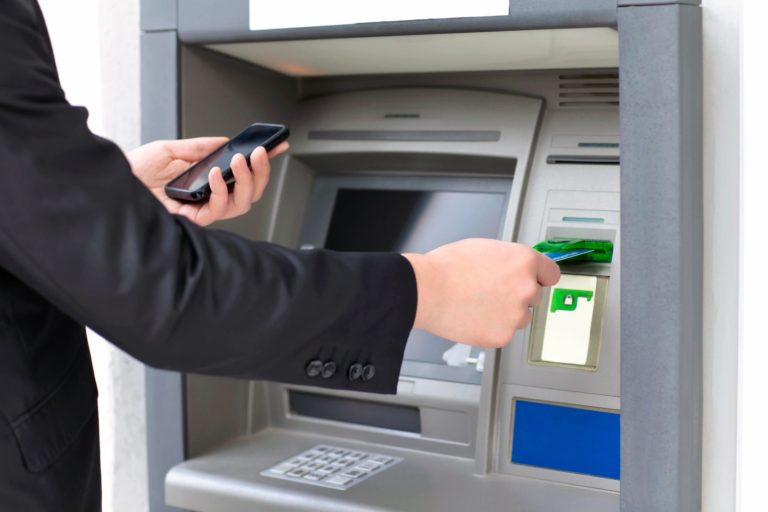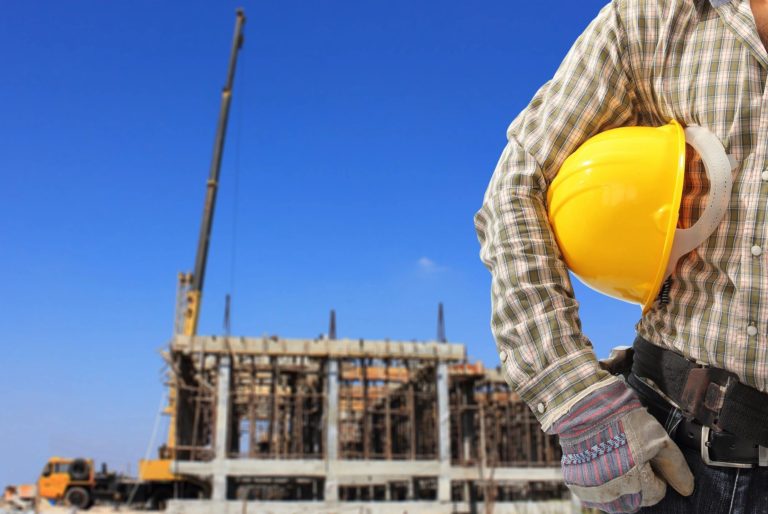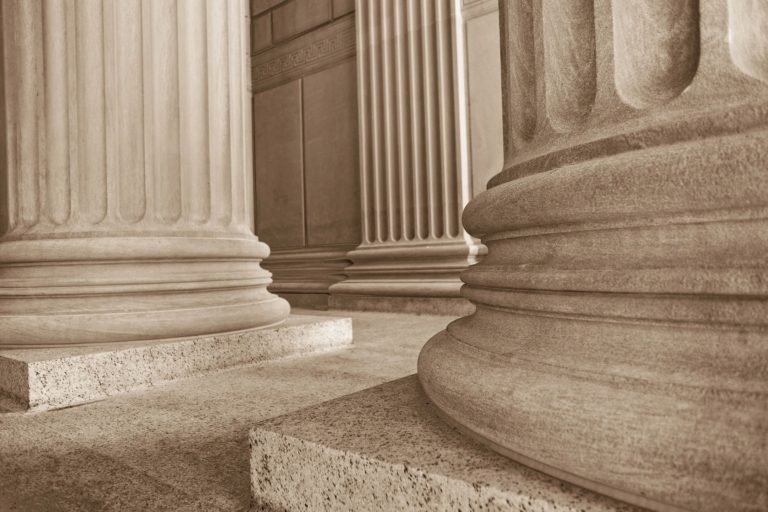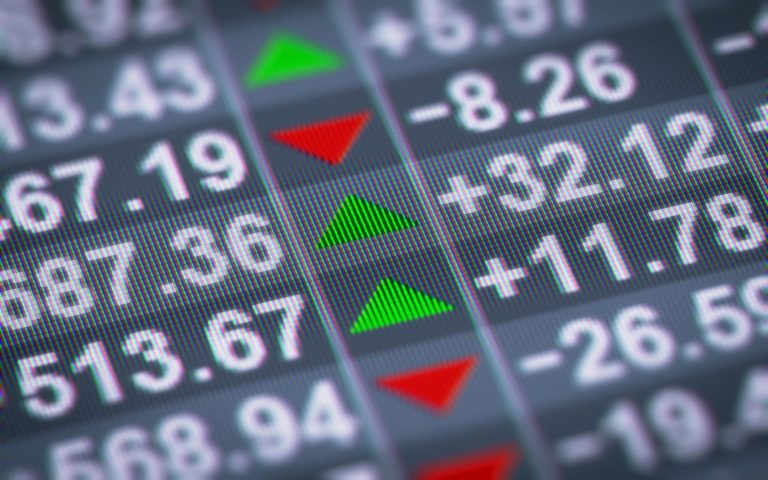Millions of Americans are unbanked and underbanked, meaning people who do have a bank account but obtained non-bank alternative financial services.
According to the most recent National Survey of Unbanked and Underbanked Households by the Federal Deposit Insurance Corporation (FDIC) a total of 14.1 million American adults are unbanked and underbanked. Many of these people live in communities with income inequality and systemic injustices.
Black and Hispanic are more likely to be unbanked as White households. Almost one fifth of households with a family income of less than $30,000 are unbanked.
Being unbanked or underbanked causes many problems. Those affected must find alternative means of cashing checks and saving money to taking out loans and making transactions.
This causes even more issues, leading to predatory lenders, high interest rates, fees, and various expenses that keep people living paycheck-to-paycheck.
Many people are unbanked due to financial services like account fees, overdraft fees, and minimum deposit requirements, are too expensive. Not having a valid ID also limits people.
Without access to a credit card, loans at hard to get, as is financing for a car or home. It’s impossible to build a credit history.
Unbanked households find it nearly impossible to save for emergencies or other unexpected expenses. Those that do manage to save, it’s usually money at home or with family, which is considered unsafe.
Underbanked families have been have been hit hard during the pandemic. Collecting unemployment benefits is hard without a bank account and access to direct deposit.
Hope Credit Union is one financial institution dedicated to equal access to and education about financial services for the unbanked and underbanked. The group tries to start with a card that doesn’t charge you a fee to use.
Other groups trying to help include Community Development Financial Institutions, or CDFIs, like banks, credit unions, and other private financial institutions that prioritize making financial products and services more accessible to traditionally underserved communities and businesses.
CFDIs provide a wide array of financial services and can be found through the Opportunity Finance Network’s CDFI locator tool.
Some helpful resources include: MyMoney.gov, 1-800-FED-INFO, Money Smart, the FDIC’s financial education program, the Consumer Financial Protection Bureau’s website, and The Financial Literacy and Education Commission.
Starting with even a small emergency savings account can help. A savings cushion of just $250 to $749 are less likely to be evicted or skip bill payments after a job loss.










